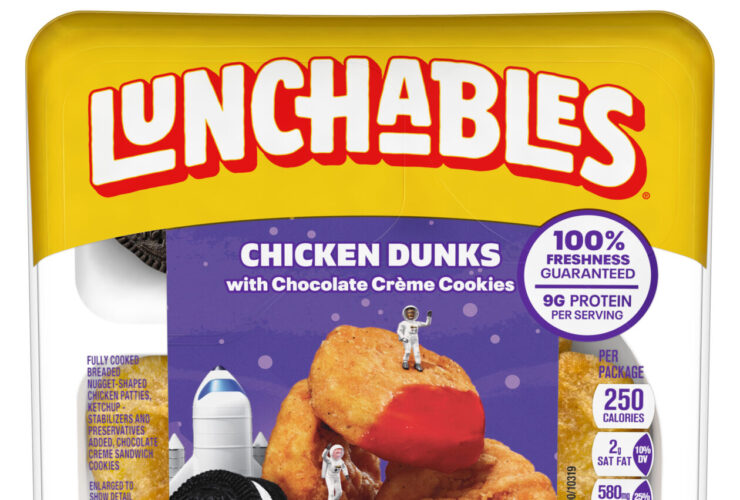Introduction
Dietary choices during pregnancy are crucial in ensuring maternal and fetal health. However, expectant mothers may encounter various cravings, some of which may be unusual or concerning. One such craving that occasionally arises is the desire to consume cornstarch. This article will explore the safety, risks, and alternatives associated with eating cornstarch while pregnant and practical tips for maintaining a healthy diet during this critical time.
Eating Cornstarch While Pregnant
Is it safe to indulge in cornstarch cravings during pregnancy? The answer is nuanced. While small amounts of cornstarch used in cooking are generally considered safe, consuming it in large quantities or its raw form can pose risks. Cornstarch is high in carbohydrates and has a high glycemic index, which can cause blood sugar levels to spike rapidly. For pregnant women, especially those with gestational diabetes or at risk of developing it, monitoring carbohydrate intake is essential. Moreover, eating excessive amounts of cornstarch may lead to digestive issues and hinder the absorption of crucial nutrients, potentially impacting maternal and fetal health.
Risks and Alternatives
Excessive consumption of cornstarch during pregnancy can result in digestive discomfort, weight gain, and nutrient imbalances. Expectant mothers must prioritize nutrient-dense foods that support fetal development and maternal well-being. While cornstarch can be a convenient thickening agent in cooking, alternatives are available. Substitutes such as arrowroot powder, tapioca starch, and rice flour can be used in recipes to achieve similar results without the potential drawbacks of cornstarch.
Navigating Cravings and Seeking Support
Pregnancy cravings, including those for non-food items like cornstarch, can be challenging to manage. If you experience intense cravings or engage in behaviors like consuming non-food items, it’s essential to seek support from healthcare professionals. Cravings may sometimes indicate underlying nutritional deficiencies or conditions, such as pica requiring medical attention. Open communication with healthcare providers can help address concerns and ensure optimal care during pregnancy.
Maintaining a Balanced Diet
Optimal prenatal nutrition involves consuming nutrient-rich foods to support maternal and fetal health. Incorporating foods rich in essential nutrients like folate, iron, calcium, and protein promotes fetal growth and development. Additionally, staying hydrated and engaging in regular physical activity can contribute to overall well-being during pregnancy. Consulting with a healthcare provider or registered dietitian can provide personalized guidance on dietary choices and help address any nutrition-related concerns or questions during pregnancy.
Conclusion
While occasional cravings for cornstarch may arise during pregnancy, it’s essential to approach dietary choices and prioritize nutrient-dense foods cautiously. Small amounts of cornstarch used in cooking are generally safe, but excessive consumption should be avoided. Exploring alternatives and seeking support from healthcare professionals can help ensure a healthy and balanced diet during this critical time. By making informed choices and prioritizing maternal and fetal well-being, expectant mothers can navigate cravings and maintain optimal health throughout pregnancy.
References
FoodData Central. (2023). Retrieved May 19, 2023, from Usda.gov website: https://fdc.nal.usda.gov/fdc-app.html#/food-details/169698/nutrients
Orloff, N. C., & Hormes, J. M. (2014). Pickles and ice cream! Food cravings in pregnancy: hypotheses, preliminary evidence, and directions for future research. 5. https://doi.org/10.3389/fpsyg.2014.01076
Miao, D., Young, S. L., & Golden, C. D. (2015). A meta-analysis of pica and micronutrient status. 27(1), 84–93. https://doi.org/10.1002/ajhb.22598
Was this helpful?

Joseph Emb, RDN
Founder of StyleVitally.com | Registered Dietitian & Wellness Advocate
What I Cover:
I’m passionate about connecting nutrition science and everyday wellness to help people live healthier, more vibrant lives. I write about evidence-based nutrition, mindful eating, sustainable lifestyles, and holistic well-being at StyleVitally.com.
My Background:
The University of Texas in Austin, where I earned my Dietetics diploma, laid the groundwork for my nutrition and health career. My training and hands-on experience taught me the science and art of using nutrition to enhance health and well-being.
Professional Journey:
I’m an RDN with lots of experience. I’ve helped people seeking tailored nutritional recommendations in clinical settings and community outreach programs. My constant learning and professional development ensure that my recommendations are always based on the latest evidence.
Ethical Commitment:
My practice prioritizes integrity. My content is transparent and objective, following the most significant ethical standards. I can give my audience unbiased advice because I’m not affiliated with food businesses or industry associations. I want to help people make informed health decisions that match their values and ambitions.
Join Me on the Wellness Journey:
Join me on the path to vitality and well-being, whether facing nutritional issues, seeking sustainable lifestyle changes, or simply wanting a better, happier you. We’ll discover how diet, mindfulness, and holistic well-being can maximize your potential.









